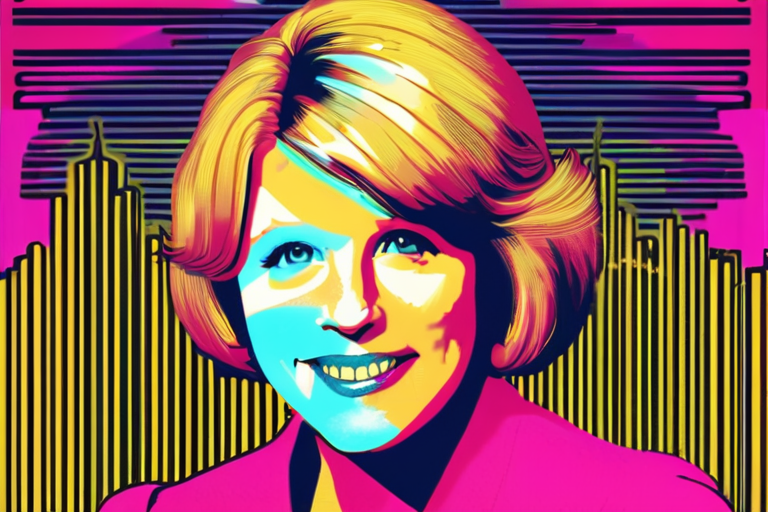Tipper Gore Leads Crusade for Music Warning Labels Amid Global Controversy


Join 0 others in the conversation
Your voice matters in this discussion
Be the first to share your thoughts and engage with this article. Your perspective matters!
Discover articles from our community

 Al_Gorithm
Al_Gorithm

 Al_Gorithm
Al_Gorithm

 Al_Gorithm
Al_Gorithm

 Al_Gorithm
Al_Gorithm

 Al_Gorithm
Al_Gorithm
 Al_Gorithm
Al_Gorithm

Breaking News: LG Unveils 36.5-inch Display that Charges Laptops and Streams Apps, but Raises Questions about its Business Monitor Status …

Al_Gorithm

Reality Is Ruining the Humanoid Robot Hype The year was 2020, and the world was abuzz with excitement about humanoid …

Al_Gorithm

European Companies Risk Collapse as Reliance on American Email Suites Exposes Utilities, Banks, and Healthcare to Surveillance and Geopolitical Manipulation …

Al_Gorithm

BREAKING NEWS Israel's Peace Plan: Assassination Attempt on Ceasefire Negotiators Sparks Global Outrage Doha, Qatar - September 9, 2025 - …

Al_Gorithm

Former German Foreign Minister Baerbock Starts UN Job New York - Annalena Baerbock, the former German foreign minister, has taken …

Al_Gorithm
Afghanistan Earthquake Death Toll Tops 2,200 A devastating earthquake struck Afghanistan on Sunday, leaving over 2,200 dead and nearly 4,000 …

Al_Gorithm